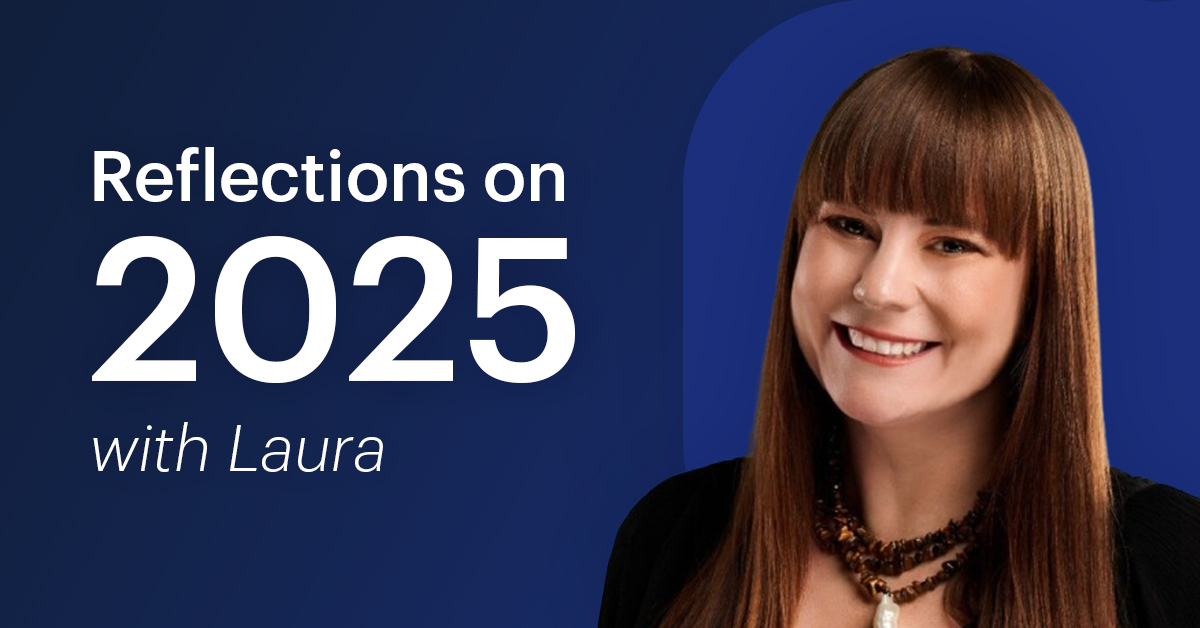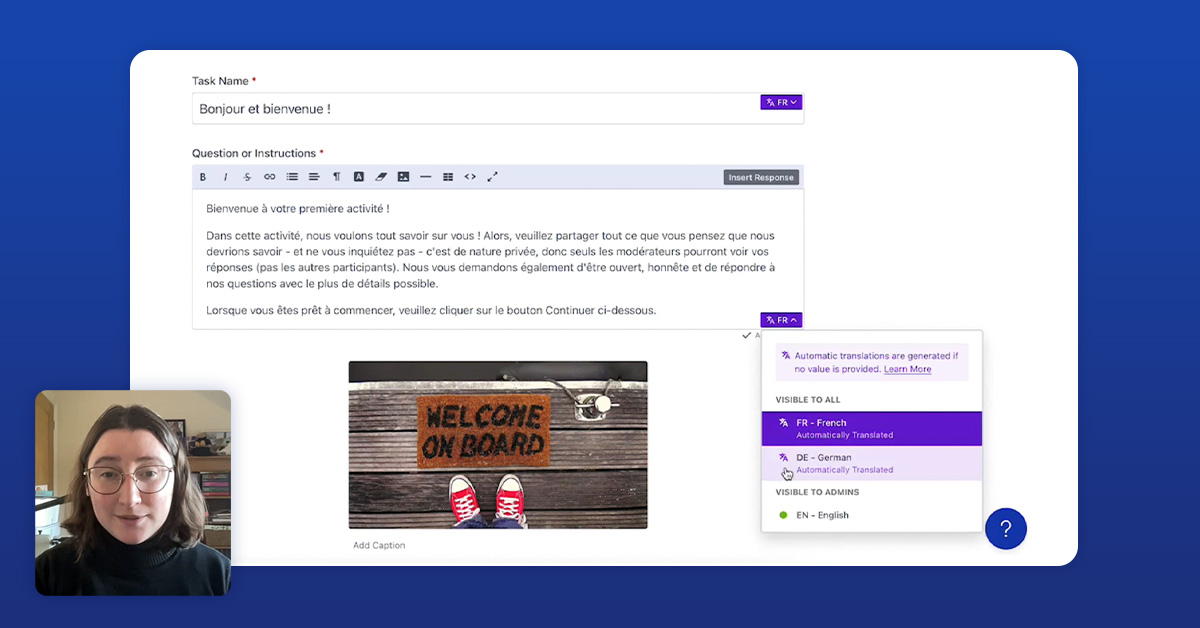Just before the new year, Ramius quietly celebrated the first anniversary of our Recollective software’s commercial launch. That first year was an incredible learning experience for the Ramius team and we continue to gain a tremendous amount of feedback from our customers and prospects on each and every project. Everything that’s been shared with us contributes to improvements in the software, supporting services and helps us to envision how to innovate Recollective into a vital online platform for research and insights in the months and years ahead. We’ve seen a shift over this first year in project size. We initially found a typical study involved approximately 50 participants and most often lasted for one or two weeks. As the year progressed, the typical number of participants remained at a similar level but we found the study duration extended to one month or longer. On many occasions we also saw that Recollective was being used in a sequence of projects. Sometimes, this involved numerous phases of online qualitative research, all done on Recollective. Other times, Recollective served as the online qual platform in a study that preceded or followed quant work. We also saw a number of very large continuous communities launched on Recollective, used by agencies to provide their brand clients with as-needed consumer insights. We were interested to understand this shift and whether it was as a result of the platform maturing, the market evolving or simply our customers becoming more comfortable using Recollective. Not surprisingly, after looking at all the projects we completed and talking to many of our Recollective customers, this shift appears to be a result of all of those reasons. At launch, the platform was most easily understood and categorized by researchers as being from the bulletin board family. Accordingly, early projects were often designed as short bulletin board studies. As the year progressed, we saw research designs incorporate more activity-based approaches as researchers learned how to take advantage of Recollective’s activities and tasks engine for immersive research exercises. Towards the latter part of year one, our market research agency partners were able to pitch and win more community-oriented engagements with their clients based on Recollective. When asked, they indicated it was partly due to there being more community-projects available and their confidence in the platform strengthening with more features to want to conduct longer studies with increased participant engagement. FEWER/SHORTER STUDY EXAMPLE The typical nature of a 50-participant, 2-week Recollective project involves something like insight needs for a client’s innovation and product development processes. The business functions are involved in generating and gathering ideas to develop into a new product or service and will have questions that research can help answer at various times. It’s a familiar pattern: an agency is commissioned by their client and conducts a study. The agency debriefs the client with findings and the client integrates the new insights into their thinking. Later, as new questions and budget emerges, the client commissions a follow-on project with new questions. Sometimes, a follow-on project may integrate a survey along with Recollective’s qualitative capabilities. Essentially, this kind of project maps directly on to a common process for satisfying marketing research needs by hiring agencies to answer questions via small projects. A specific Recollective example is a case where our agency partner worked with a global telecommunications company to conduct studies of the lifestyles of its target consumers -- the data was useful to the business team as the product concept was being developed. Later, a follow-on project was done to have these same consumers test and give feedback about the actual product but this time feeding back to both product managers and also the marketing team. LARGER/LONGER STUDY EXAMPLE To provide an example of how a similar end-client can use a longer-term study, we can stay in the telecommunications industry. A Recollective partner used the software to power an online community / sounding board which was established with 400 US-based customers following interviews and focus groups. The business focus of the longer duration online research community was to inform its business decisions about streamlining customer service systems and processes. For example, the community was consulted to:
- identify areas where systems and processes could be improved
- ensure consistency and excellence at points of customer contact
- provide insights to help develop new customer support tools, systems and processes
- test and optimize customer communications
Some key advantages of moving to a longer ranging community approach included: Ideas from internal and external sources A continuous community approach supports a customer-centric business. While we saw small projects commissioned to understand a consumer segment or to test product concepts, the community approach is being used even earlier and throughout the various product development process stages with customers being involved early on to suggest product ideas and improvements. We’ve seen studies that involve panels representative of target consumers to recruitment of samples from among communities of passionate and enthusiastic customers (and, in the example mentioned, customers who were detractors). From standalone projects to continuous insights Business units can gain insights faster when they have a ‘sounding board’ of customers to poll compared to the normal process of initiating a new study project (e.g. write business requirements and RFP, select agency, agency recruits, runs study, reports, etc.). Quicker feedback empowers the business function with insights to make better informed decisions, potentially getting to market faster and reducing rework.comm Research as engagement In a longer ranging community, insights which resulted in something being actioned by the company help the participant feel that their opinions mattered, bridging the gap between marketing and research by strengthening loyalty and encouraging positive word-of-mouth promotion. Technology provides a high degree of flexibility by allowing for multiple methods over longer time frames Modern online research platforms allow for a variety of methods to be used to gather insights. For example, using the social features in Recollective, we’ve seen participants begin interacting with one another in discussion forums and raise questions not even considered by the end client. Then, with more time to interact, researchers are better able to design and execute follow-on activities to test and confirm insights gleaned from discussions and earlier exercises, adding to the overall value delivered to the client. Of course, these are just some of the reasons why researchers continue to increase the time and participant numbers for their online qualitative studies. We’ll continue to monitor this trend and will share more examples with you as we continue on in Recollective’s second year!







.svg)